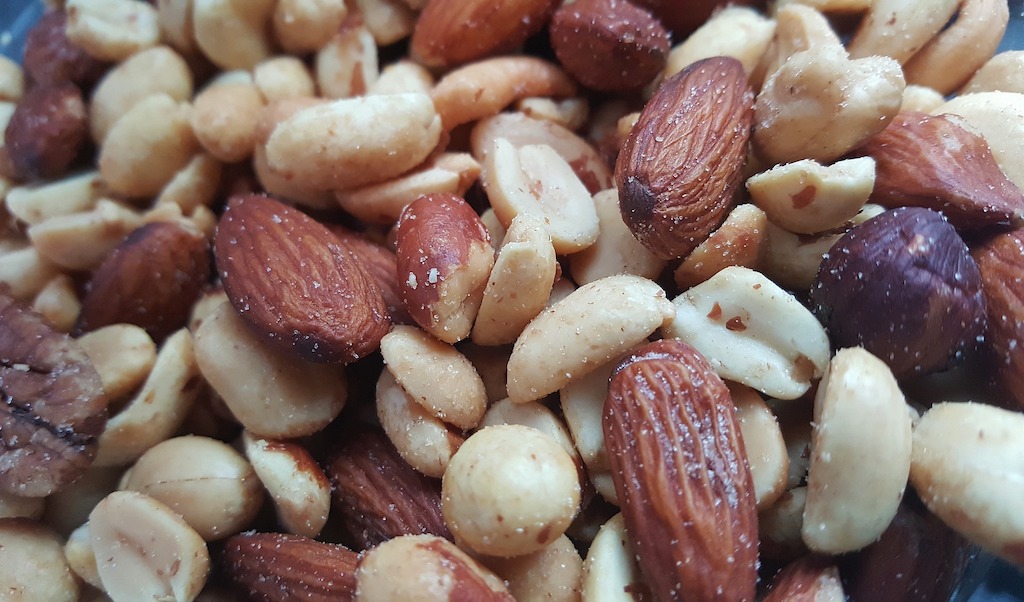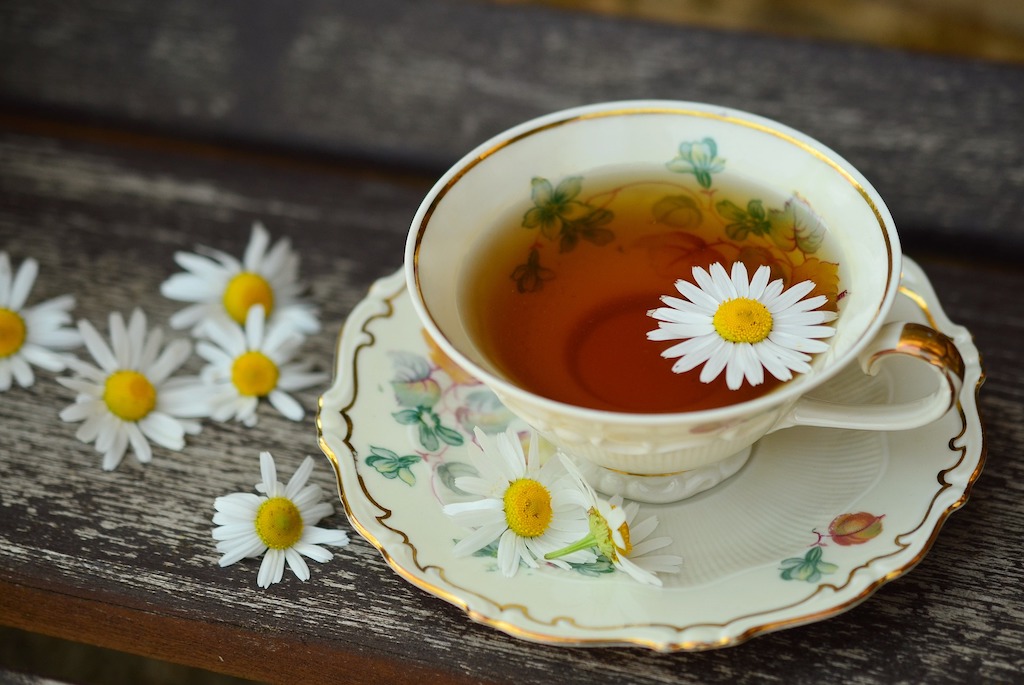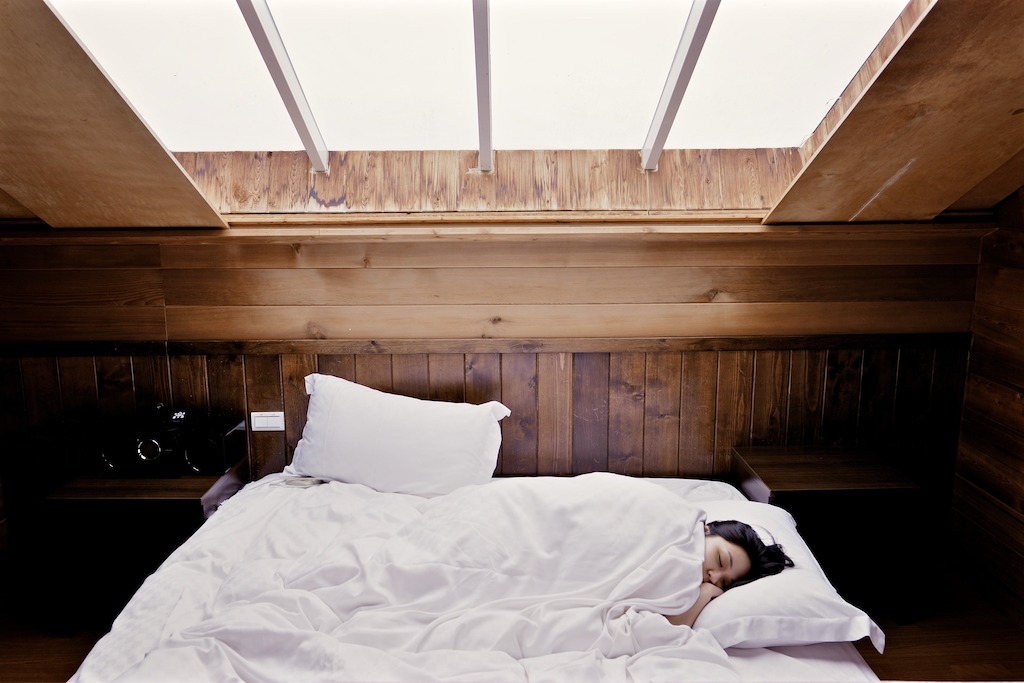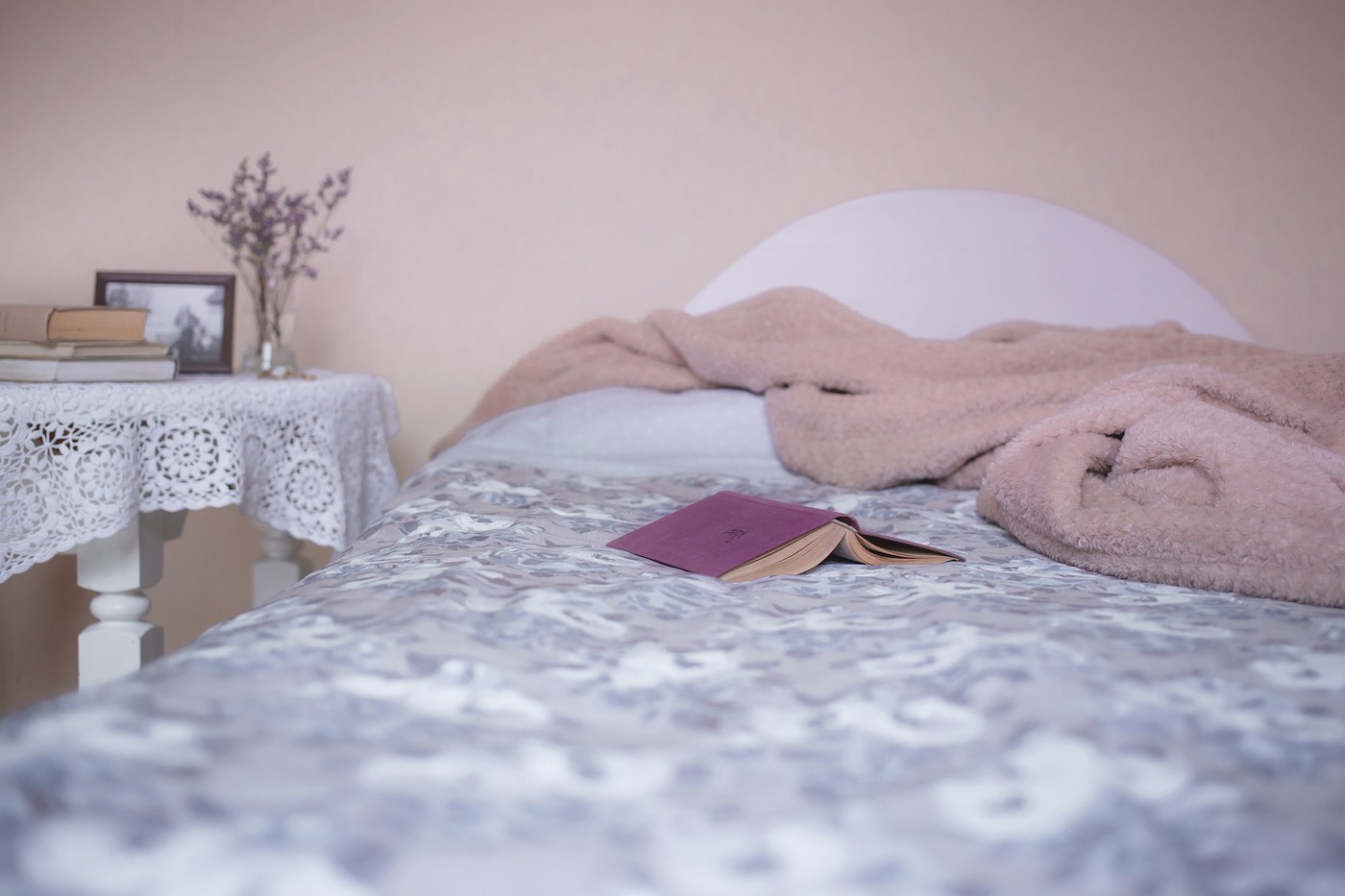Top 4 Supplements To Improve Sleep
Although I wouldn’t consider a reliance on supplements for sleep a healthy practice, there are some supplements that can improve the body’s own ability to induce sleep. When it comes down to it, sleep is a regulatory cycle in the body. By using substances that improve the body’s ability to regulate itself, sleep can actually be improved over time and not just when the substance is being used. With that said, here are the best supplements to improve sleep quality.

1. Magnesium To Improve Sleep Quality
I believe magnesium deficiency may be one of the most pervasive and insidious deficiencies of our time. There are many consequences of not taking in adequate dietary magnesium. Utilized in over 300 different body processes, it just may be one of the most important minerals in our bodies.
In terms of sleep, magnesium plays a critical role in regulating melatonin and GABA levels in the brain (2, 3). Melatonin and GABA are released in healthy individuals to help induce relaxation and sleep. Without adequate magnesium intake, the brain may not be able to properly signal the body for sleep.
Also, for its ability to support GABA production in the brain, magnesium is an effective anxiolytic. Additional research has shown that magnesium helps to balance blood sugar, lower blood pressure, and relieve physical tension. For anyone experiencing insomnia and especially those who can’t seem to shut their brain off at night, magnesium is my go-to.

2. Adaptogens To Improve Sleep Quality
Adaptogens are substances that improve the body’s ability to endure stress. Traditionally, adaptogens were seen more as a performance enhancer for athletes but could they also improve sleep?
There aren’t too many studies investigating the direct impact of adaptogens on sleep. What there is, however, is research showing the ability of adaptogenic herbs to lower cortisol and improve anxiety. This could be an effective remedy for anyone who is enduring chronic stress or blood sugar imbalance that is causing an evening spike in cortisol.
The most effective herbs I have found for this purpose are ashwagandha, reishi mushroom, Magnolia bark, cordyceps and rhodiola (4, 5).

3. Relaxing Herbs To Improve Sleep Quality
There are several herbs that can help to improve sleep quality. I find that for someone with severe insomnia, these herbs don’t quite do the job. In combination with other strategies, however, certain herbs can complement a sleep plan very well.
Some of my favorite herbs to improve sleep are kava, chamomile, valerian, passionflower, lavender, and lemon balm. Instead of going out and buying all of these herbs, I usually recommend this Nighty Night tea made by Traditional Medicinals that combines many of the best sleep herbs in one tea bag. Use this daily to improve sleep. quality!

4. Melatonin To Improve Sleep Quality
This one is touchy and there are many opinions on melatonin. When it comes down to it, melatonin is a hormone. The ideal situation would be to optimize your body’s own ability to create melatonin so I would consider this supplement an acute support for occasional use.
Supplementing with melatonin can be very useful for either occasional sleep support or retraining the sleep cycle. For this purpose I really like magnesium plus melatonin. Most research shows that doses over 1.5mg of melatonin are not beneficial…so I would not push the dose with this one.

Bonus Sleep HACK: Camping
It’s starting to become apparent that many of our sleep problems are a result of not being fully in tune with nature. Naturally our bodies should coordinate with the cycles of night and day and additional support shouldn’t be needed. While nutrition plays a huge role in helping the body regulate itself, there is another major deficiency that I believe affects almost all Americans. This deficiency is exposure to nature.
The benefits of being in nature are increasingly being uncovered and range from mood improvement, boosts in creativity, better immunity, stress reduction, and yes, even better sleep. A recent study investigated the influence that camping has on our sleep and found that, in the absence of artificial lighting (that means no cellphones), sleep onset occurred much earlier and in sync with the rising and setting of the sun (6).
The most valuable hours for sleep are considered to be between 10pm and 2am so using camping as a way to reset your sleep cycles could be a game-changer. The study found that even just a weekend of camping had a powerful ability to reset the circadian rhythm. Additionally, being in nature during the day will lower cortisol, improve mood, and inspire creativity!


